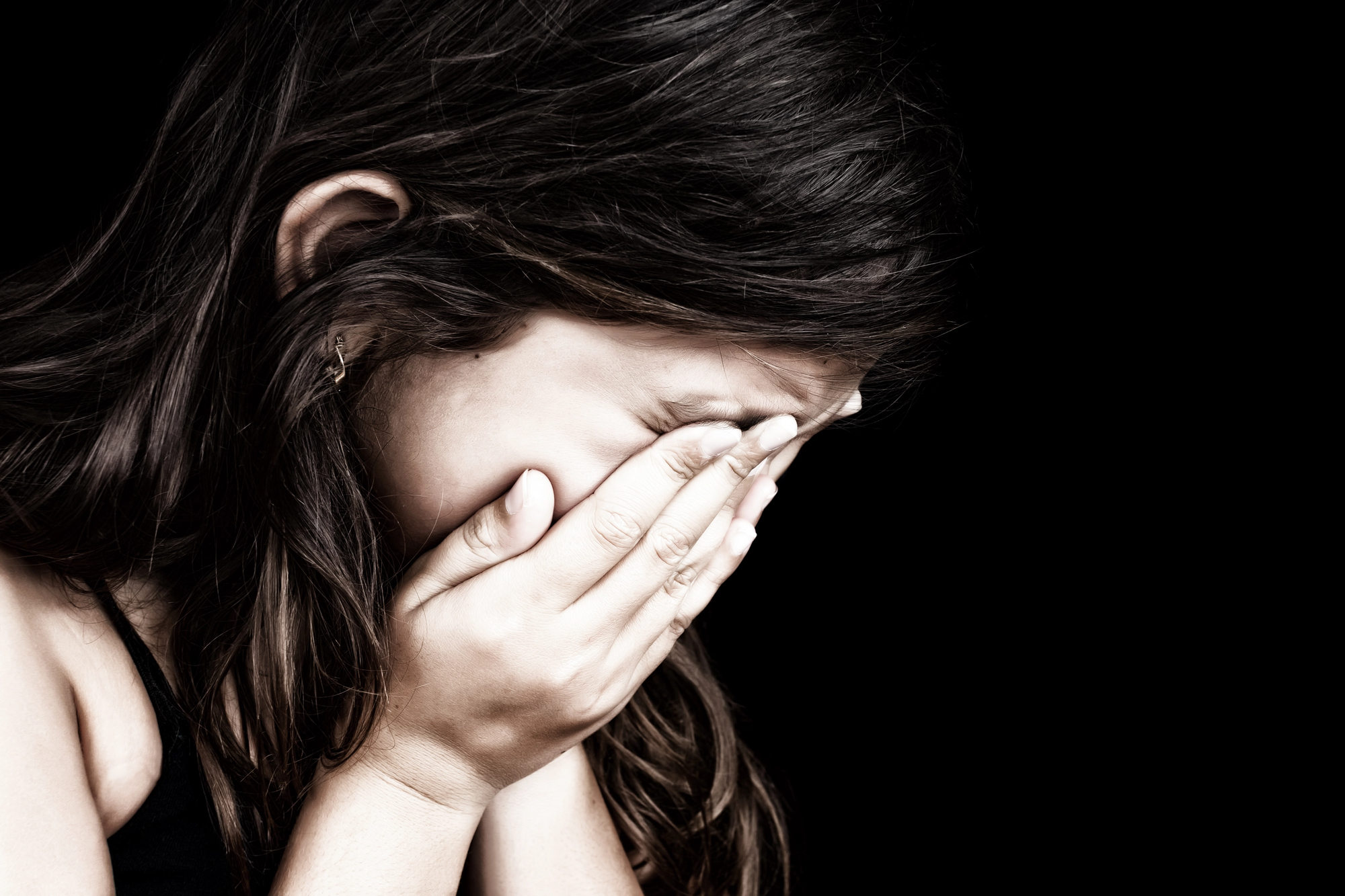Thirty-five years ago, I was strapped into a parachute and yanked skywards by a speedboat. After the initial shock, I was floating in nothingness, a complete and total silence, viewing the world from a distance – feelings victims have said are similar to the emptiness, hushed uneasiness and detachment that follows sexual abuse.
But things are changing for victims and families alike.
Efforts are being made to break the silence and children are beginning to talk. Abusers are being put behind bars and society is waking up to a horrible truth – at least one child is sexually abused every single day in Cyprus.
‘Break the silence’ was the slogan of a police campaign that ran from November till the end of 2024.
The sexual abuse of children is “a heinous crime that existed, exists and unfortunately will continue to exist”, head of the police sub-directorate for the management of cases of vulnerable persons Maria Kountouri told the Cyprus Mail in an interview published on November 17, a day before the campaign was set to launch.
Sexual abuse is not a one-off incident that can be swept under the carpet and forgotten about. It derails the lives of victims.
“Even if there is no penetration, the abuse is not less tragic for the psychological state of the children. That is why every such action is abuse and not harassment. Touching is abuse,” Kountouri said.
She added that information and sexual education from a very young age are very important and that the police campaign aimed at sending the message to children that they bear no responsibility whatsoever for what is happening to them.
“They feel shame. They feel they are to blame. It is a hidden crime. Of course there are children that don’t talk. That is why we must keep our eyes open and observe,” Kountouri said.
Children could be suffering sexual abuse next door or in our own homes at this very moment. In many cases, this goes unnoticed or the child is labelled “difficult”.
Psychological and emotional signs in children are if they look insecure, have outbursts of anger; engage in self-destructive behaviour; feel anxiety and panic; are depressed; have suicidal ideas; have eating disorders or changes in eating habits; use substances; have difficulty focusing their attention, show loss of interest; have problematic relations with peers; fear men; have low self-esteem; feel stigmatised and ashamed; have problems with their sexual identity.
In 2017 there were 138 reports of sexual abuse of children, a number that has risen over the years to reach 315 in 2023 and 286 by mid-December 2024.
“That is about one a day,” Kountouri said.
The average age of victims was 12 years and the most frequent 13 years. Of the total number of victims in Cyprus, 67.9 per cent were from Cyprus, 4.9 per cent Bulgaria, 4.3 per cent Romania, 4.3 per cent Greece, 3.9 per cent Syria, 1.3 per cent Russia, 1.3 per cent Congo and 1.1 per cent England.
One of the hardest things I had to teach my now 12-year-old son from a young age was that not all people are good.
Kountouri said it was important that children are informed early on about the dangers, to know from nursery school age what good and bad touching is and the ‘underwear rule’.
The ‘underwear rule’ is explained in a book for children – Kiko and the Hand –published in various languages by the Council of Europe. It is available online here.
“The message I want to give to the children is: It is never your fault. We – the police and other services – are here for you,” Kountouri said.
For victims who never got the chance to speak, who were threatened into silence or downright ignored as if it never happened, for those who have grown up with the abuse etched into their souls, it may come as a relief that it is becoming a zero-tolerance crime for children today.
Victims who spoke half a century or more after the abuse said they found it easier to cope with the death of a loved one than dealing day in, day out with the trauma of abuse.
“When you lose someone, there is closure. When you lose yourself, there is darkness,” one victim said.
Kountouri, who spent many years as an investigator of sexual crimes against children, said all investigators have heard many “dark stories”.
“In most cases – up to 90 per cent – it is a person of trust,” she said, adding that in every case the perpetrator manipulates the child and makes them feel responsible for the abuse. “This is a rule in all cases – and this is the reason some children find it difficult to speak or delay doing so.”
WHO TO CONTACT
Police: Call 112 or the citizen’s line 1460 or contact the nearest police station
Police sub-directorate: Call 22808442 or send an email to [email protected]
Foni: Visit www.foni.org.cy or send an email to [email protected]
Children’s House: Call 1466 or visit [email protected] or send an email to [email protected]






Click here to change your cookie preferences